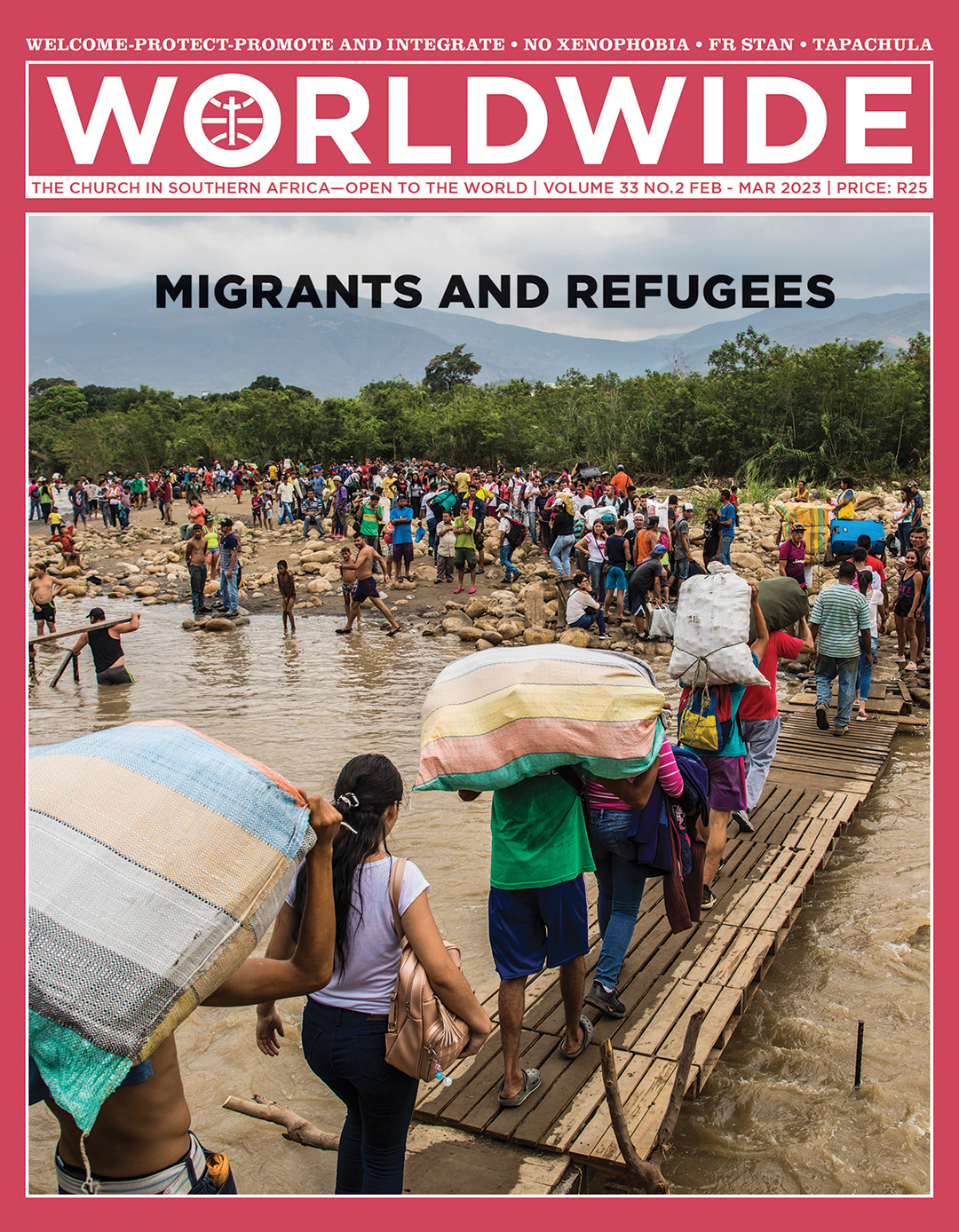CHALLENGES • SMUGGLING OF MIGRANTS
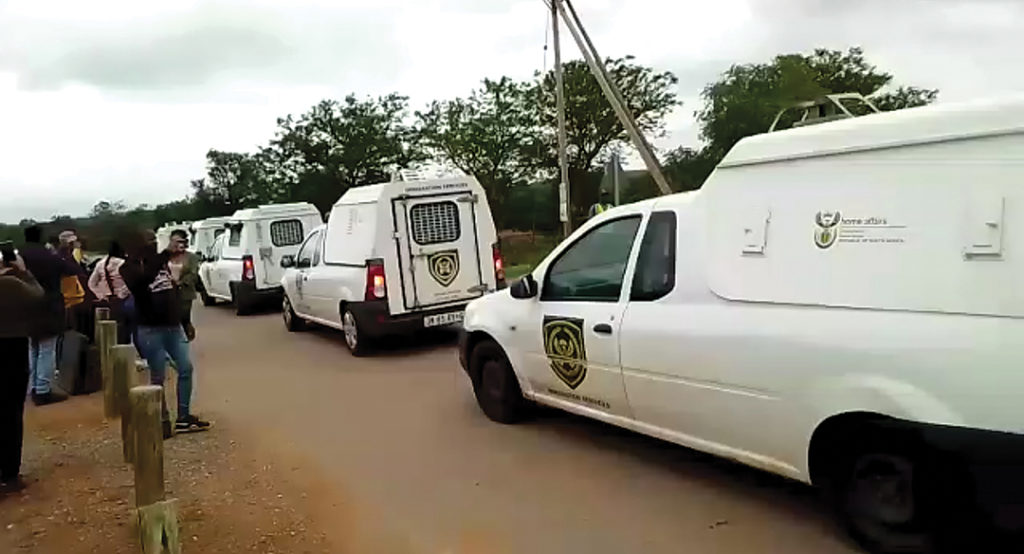
SEARCH FOR A MORE DIGNIFIED LIFE
A conjunction of persistent conflicts, persecutions, economic challenges and poverty, has fuelled a population movement in the Southern African Development Community (SADC) and across Africa as a whole. Smuggled migrants constitute a significant part of the whole migrant population of the SADC region
BY
CLAUDIUS G.W. ZINDOGA & EPHRAIM C. LUHANGA
| FULA AFRICA, PRETORIA
EPHRAIM C. LUHANGA | Photos
SMUGGLING IS defined as “the facilitation, for financial or other gains, of irregular entry into a country where the person is not a national or a resident” (United Nations Office on Drugs and Crime: UNODC). The unscrupulous who identified huge profits in this trade have developed criminal networks across the region which enable smuggling.
While the phenomenon of migrant smuggling is a global concern, the challenge is under-reported in SADC. South Africa is a destination country from far distant origins such as the Horn of Africa. Admittedly, the crime is of an underground nature which makes it difficult to identify, but the fact that it continues to grow in the region presents a challenge
which requires greater attention.
As long as problems persist in various countries on the continent, and stringent migration regimes remain in place, smuggling will continue. The high profits and low risk associated with this activity are attractive to unscrupulous criminals.
Realities of abuse
Some might view the victims as active participants in the process—as willing to take the risks to escape their predicaments—though taken advantage of by smugglers. However, seeing it from that perspective, the greater picture of the crime committed and its gross violations are overlooked.
Obsession with a more favourable or better future becomes a nightmare for immigrants who travel irregularly. Smuggled migrants are subject to gross abuses, violation and exploitation en route and on arrival. Because a greater section of the smuggled migrants are undocumented, their vulnerability is amplified and due to their immigration status, violations and crimes against migrants go unreported. Smuggled migrants are subject to high levels of abuse. Women from Malawi have recounted high levels of abuse at the hands of smugglers which include rape and physical abuse. Zimbabweans recount being extorted by smugglers on arrival in South Africa, where smugglers hold migrants as hostages in various parts of the country until relatives have paid the required ransom.
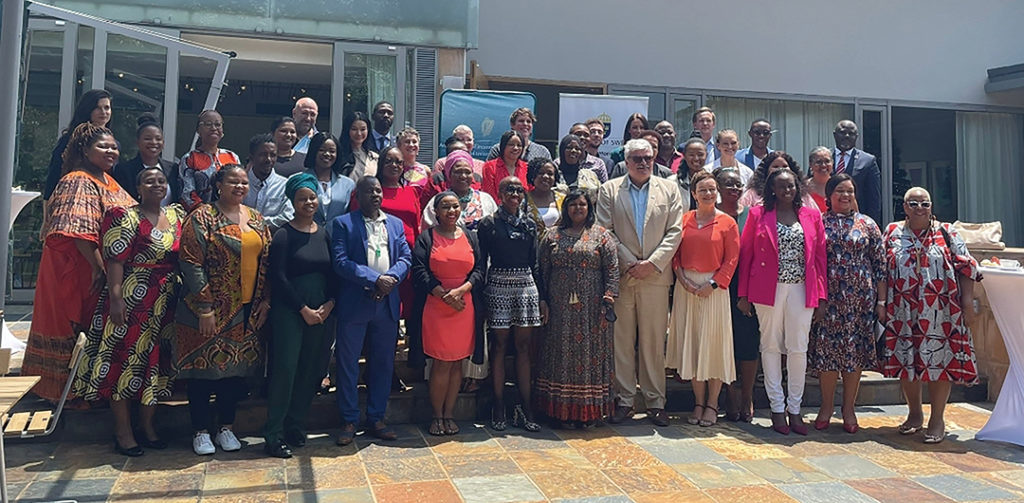
Smuggled migrants have also emerged as victims of human trafficking. It has arisen that smugglers have begun to collaborate with traffickers. In field visits to places that are known to frequent smugglers as well as brothels, women from Zimbabwe, Malawi and Lesotho have ended up as sex workers, working under pimps in parts of Johannesburg. This trend is of concern in the South African context, where there is a discourse and ongoing debate on the decriminalisation of prostitution, wherein if decriminalisation does take place, smuggled migrants and victims of prostitution are likely to augment the supply.
Labour exploitation
Smuggled migrants are exploited in diverse jobs by more and more small entrepreneurs and unregulated labour businesses. The smuggled migrants are willing to accept a pittance for salaries from unregulated labour markets, because they cannot get better opportunities as they are undocumented. As a result, the migrants have been at the receiving end of hate from locals in the form of xenophobia.

Just before the COVID-19 lockdown, in parts of Pretoria and Johannesburg, Fula Africa, a non-profitable organisation identified car garages run by certain nationals who employed their fellow countrymen/women under poor working conditions because they were irregular migrants. In Pretoria, during the same period, a subcontractor of a well-known car factory took advantage of smuggled young artisans and graduates from his country who worked long hours and were underpaid. In Durban, the same trend has been observed in the fibre network installation industry where contractors employed and similarly exploited workers.
The Mpumalanga /Cullinan case
A farm running an abattoir in the province of Mpumalanga employed a significant number of migrant workers. While some of them had passports, they did not have permits to undertake work in South Africa.
However, they were employed without labour contracts. A group of them, residing now in Cullinan, recounted that on 11 November 2022, the SAPS (South African Police Services), South African Home Affairs and individuals calling themselves members of the Dudula Movement, reached the farm. Some migrants ran away once they sighted the triad.
They narrated that all foreign nationals on the farm were required to produce relevant documents to prove that they were in the country legally and had work permits. These foreign nationals included nationals from Mozambique, Malawi and Zimbabwe. Those who failed to provide the relevant documentation were put into vans and taken into police custody. They indicated that the Mozambicans and Zimbabweans were to be deported immediately. The Malawians have remained in custody to date, as at 28 December 2022.
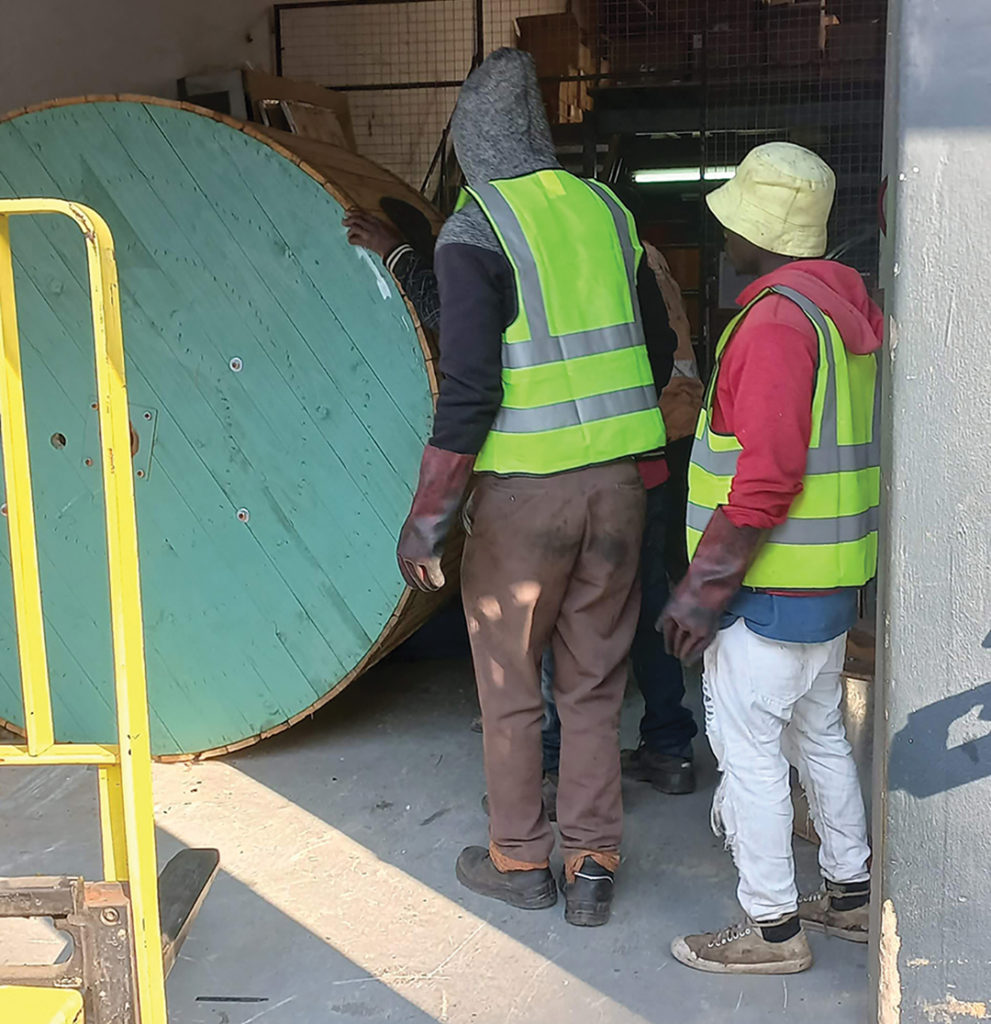
Those who managed to run away from the raid recounted that on return, their employer fired them, though they are willing to undertake actions against the employer for improper dismissal and to apply for the recognition of their acquired labour rights.
On a support visit to the migrants in Cullinan, those present sought assistance with food parcels to sustain themselves in the meantime. Women with underage children (under five years of age) were grateful not to be arrested because they had young children but lamented the fact that their breadwinners were imprisoned. Those migrants who were not arrested indicated their desire to return to Malawi without delay hence their request for assistance for self-repatriation. Fula Africa deplores this heartrending situation currently happening in Cullinan, where many smuggled families who have been exploited have their breadwinners imprisoned, leaving behind mothers and infants to fend for
themselves.
Action is needed
Africa, SADC and all affected parties need to act urgently. As societies, we are not doing enough. The constant insecurity of migrants flowing into South Africa is regrettable; the lack of humanity and injustice committed by those who pursue the prospect of profit through the trials and tribulations of those who are vulnerable or seeking better opportunities, must be stopped.
Migrants have been at the receiving end of hate from locals in the form of xenophobia
The persistence of smuggling has fuelled crime and fostered cross-border syndicates. Evidence of the smuggling of migrants during the COVID-19 pandemic disturbingly revealed a greater organisation of the crime across the borders. Smuggled migrants continue to be apprehended and imprisoned under various immigration laws and face various forms of abuse daily, while smugglers and criminal networks continue to profit unchallenged via this lucrative business. This constitutes a mockery of justice! Civil society calls for a more effective criminal justice system and a proper response against a crime which continues to grow.
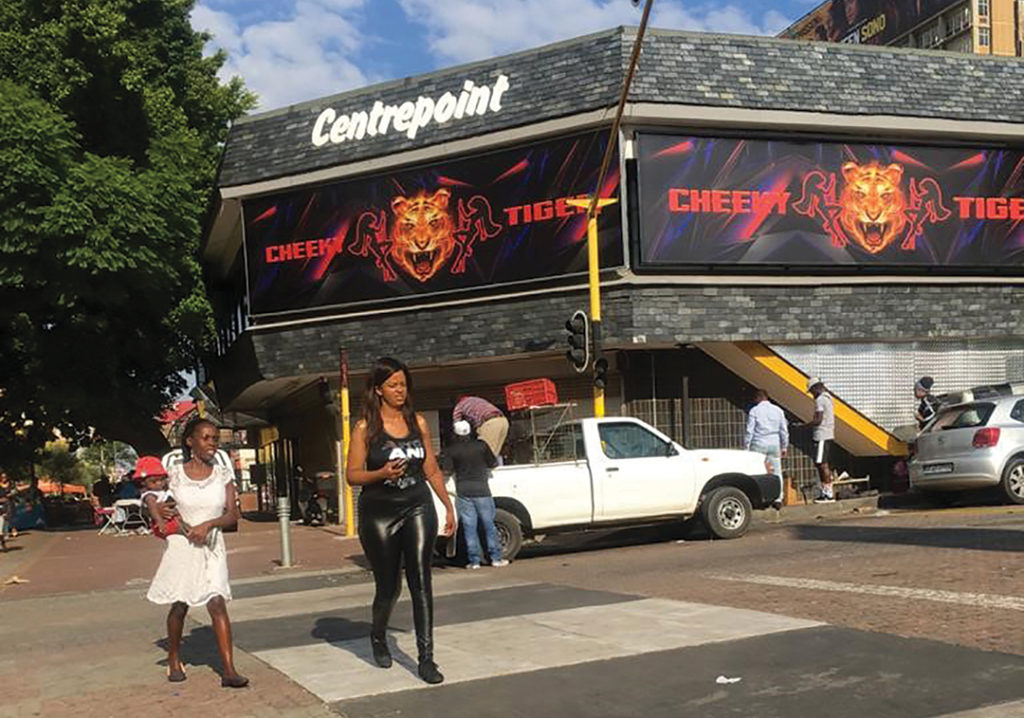
are reported to be exploited as sex-workers.
While recognising the push and pull factors that encourage the mobility of people across the continent of Africa, the responsibility of the leaders of countries where migrants come from becomes clear. They need to be reminded of their ethical responsibility to protect their citizens.
How then is ‘the African as his brother’s and sister’s keeper’ going?
As per the UN Protocol against smuggling of migrants by land, air and sea signed on 12 December 2000 and various legislations signed by all SADC countries, greater co-operation to combat this crime within the region is urgently required. Society watches the hate ferment against
foreign nationals in the face of the shortage of resources and competition for jobs in South Africa. It is a regrettable loss of values of tolerance and fraternity. How then is ‘the African as his brother’s and sister’s keeper’ going?

